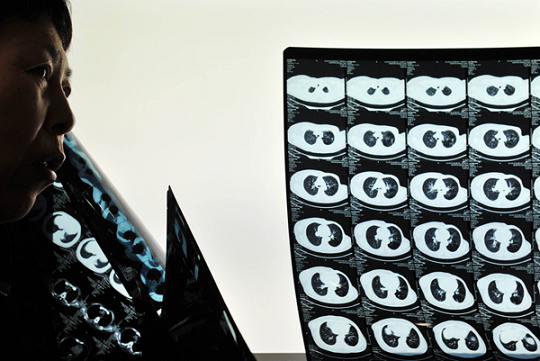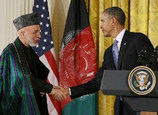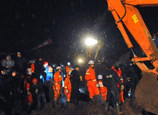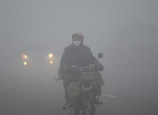
 |
| A family member of a cancer patient seeks advice from a doctor by showing the patient's CT images at Tianjin Medical University Cancer Hospital in April. (Photo/Xinhua) |
One in five may fall victim if they live to be 74
About one in five Chinese people might develop cancer if they live to be 74, according to a new report.
There is one death from cancer every five minutes on the Chinese mainland, which translates into 2.7 million cancer deaths annually, according to the 2012 Cancer Registry Annual Report, which is recognized by the government.
The figures are based on data collected from 72 cancer surveillance sites in 24 provinces, covering 85 million people.
"Worldwide, China continued to have relatively low cancer incidence, but the death rate was relatively high," Chen Wanqing, deputy director of the National Central Cancer Registry, under the Ministry of Health, told China Daily on Wednesday.
The report said the cancer rate stands at 285.91 per 100,000 people in China, bringing 3.12 million new cases a year.
This is lower than most developed economies, like the United States, European nations and Australia, but far higher than in underdeveloped economies, Chen said.
"The cancer incidence rate goes up as people age," he said, peaking when they reach 80.
Given its rapidly aging population, "China's cancer burden will increase as well," Chen said.
The report said lung, stomach, colorectal and liver cancers are the main types among the Chinese population, with lung, liver and stomach cancers being the top killers.
Breast, lung, thyroid and colorectal cancers are rising sharply, Chen said.
Liu Yuewu, a leading cancer specialist at Peking Union Medical College Hospital, said thyroid cancer must be the fastest growing cancer in recent years, citing clinical experience.
In 1986, the hospital performed surgery eight times for patients with thyroid cancer, according to Liu. The figure increased to 1,125 in 2012.
A survey released last month by the Beijing Institute for Cancer Research showed the incidence of thyroid cancer more than doubled in the Chinese capital during the past decade.
"The trend has also been seen in other countries, like the US and South Korea," Liu said, adding that ever-increasing radiation exposure from widespread use of mobile phones is mainly to blame.
He suggests that integrating thyroid B scans with regular body examinations can help with early detection and treatment.
Chen agrees and is urging decision-makers to greatly increase public awareness and access to cancer screening services. But he also said cost is a concern.
A majority of newly diagnosed cancer cases are already in a late stage, resulting in unsatisfactory treatment results and a higher death rate, he said.
An average of 7,300 people die from cancer on the mainland each day, the report said. Patients older than 60 account for more than 63 percent of the deaths.
Chen said breast, lung and colorectal cancers tend to affect younger people, and suggested people go for cancer screenings after they turn 40.
 |
| (China Daily) |
















 Beijing police save female hostage
Beijing police save female hostage


![]()
